In the recent years, scholars have been extensively engaged in the study of the transition period in India i.e. eighteenth and early nineteenth centuries. It is through the study of different regions that they have focused on the phenomenon of change and continuity, growth and development and transitions to colonialism. Most of these works are macro-regional. This book on the contrary examines these issues nevertheless with a difference, at the micro-level. The micro study of Gorakhpur, the author argues appeared compelling and essential for a variety of reasons. The sources on Gorakhpur are rich and extant and yet there has been no work on Gorakhpur for the transition period. The book examines the specificities and peculiarities of Gorakhpur in the period of transition roughly c. 1750-1830. While it reinforces the notions of growth and development, continuity and change and thereby widens the transition debate juxtaposing it with colonial discourse and orientalism, its major contribution is its attempt to redefine economic history and focus on new ways of studying economic history. The issues which it discusses, gives it a definite tilt towards social history. It studies ecology and forests; people–their caste compositions and affiliations, their history and culture; economic growth, social change and the changing political traditions. This work is significant for it clearly understands and therefore encompasses within it the shift in academic research and academic curriculum towards social history, sociological and anthropological perspectives of history and an interdisciplinary approach to the study of various societal issues. Also, in keeping with the trend of regional studies, this work stands to understand the various focuses and processes through the region of Gorakhpur.
Frontiers of Environment: Issues in Medieval and Early Modern India
The complex nature of ...
$51.30
$57.00


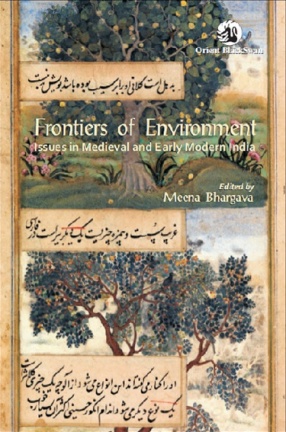
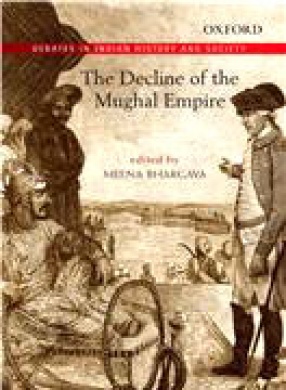
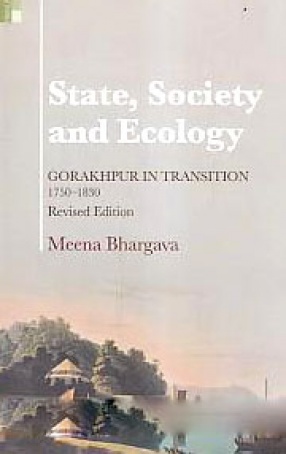

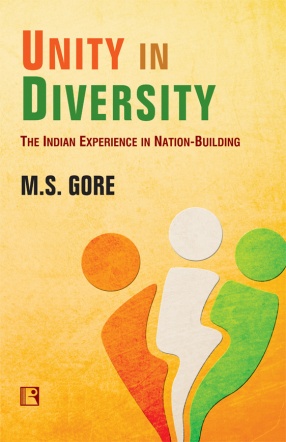
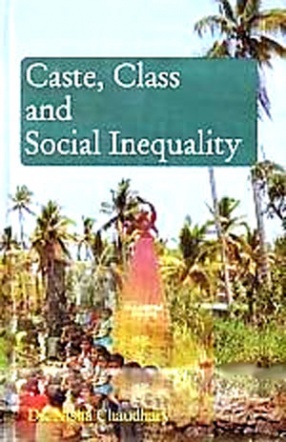
There are no reviews yet.